Foundations of Teaching for Learning: Being a teacher
by Commonwealth Education Trust
Professor John MacBeath, Dennis Francis
My comment: It seems that Dr. Francis wants to ask questions instead of giving lectures. Interviweing with Professor MacBearth is jewel of this course. His words are precise and concise and very insightful.
position yourself not only as the teacher but also as the learner. Your learners also to see you as somebody that is committed to life-long learning yourself.
Grading policy:
- Quizzes (Weighting: 40%): There will be four quizzes in total. Each quiz is worth 10% of the final course grade.
- There will be two Peer Reviewed Essays (Weighting: 60%): In weeks two and four, you will have a peer reviewed essay of around 500-700 words to write.
- For the peer review essays, you are expected to grade three other pieces of work. In return three other people will grade your work. You are also expected to grade your own essay after seeing what other people have said. There is a penalty of 20% on your grade if you do not complete the peer assessment process of others and yourself.
- Assessment Rubric
You are being asked to grade two aspects of the writing, readability and structure.
During weeks two and four you will be expected to write an essay which you will share with at least three other course members. The essays should be around 500-700 words, equivalent to about one or two pages.
Week One: What is a teacher?
- Video lecture 1: What does a teacher do?
- Video lecture 2: What makes a teacher effective?
- Video lecture 3: How can I best improve my skills?
- Video lecture 4: What is a philosophy of education?
Week Two: Myself and My Learning
- Video lecture 1: Thinking about who I am
- Video lecture 2: Why become a teacher?
- Video lecture 3: Understanding my classroom 'selves'
- Video lecture 4: Asking or Telling
- Interview One: Looking at weeks one and two
Week Three: Influences on my learning
- Video lecture 1: The nature and importance of language
- Video lecture 2: Reflective practice
- Video lecture 3: Understanding and dealing with conflict
- Video lecture 4: What are my beliefs and values?
Week Four: Impacts on my learning
- Video lecture 1: Celebrating difference
- Video lecture 2: Celebrating difference: Race
- Video lecture 3: Celebrating difference: Gender
- Video lecture 4: Celebrating difference: Disability
- Interview Two: Looking at weeks three and four
Week Five: How do I learn?
- Video lecture 1: Revisiting learning: Brainwaves
- Video lecture 2: What is intelligence?
- Video lecture 3: Environments for learning
- Video lecture 4: Personalising learning in the classroom?
Week Six: My learning environment
- Video lecture 1: Conditions and behaviour settings
- Video lecture 2: How good is my classroom?
- Video lecture 3: A question of motivation
- Video lecture 4: Principles of pedagogy
Week One: What is a teacher?
- about teacher's content knowledge;
- teacher's pedagogical knowledge in terms of what they do;
- the care, in terms of compassion,.








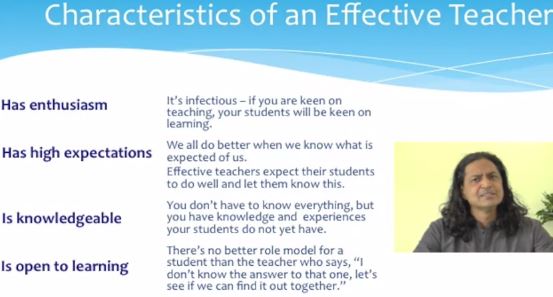



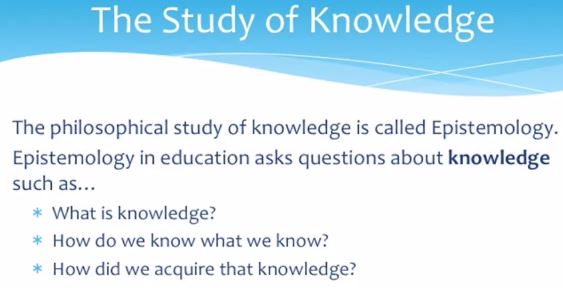






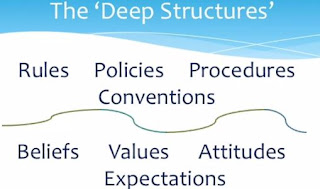







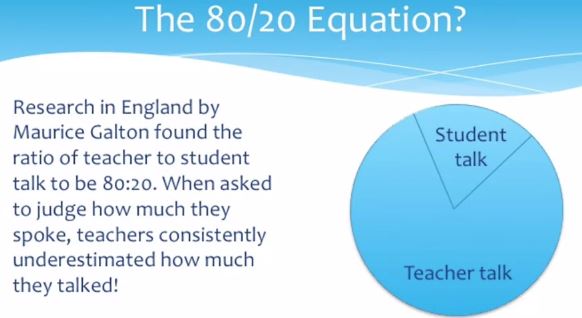
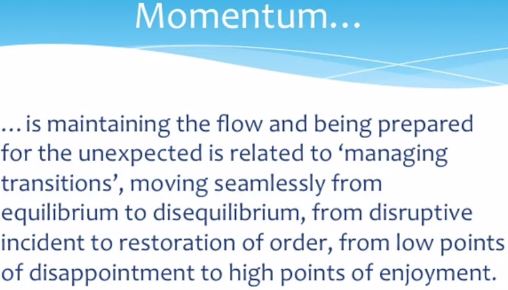






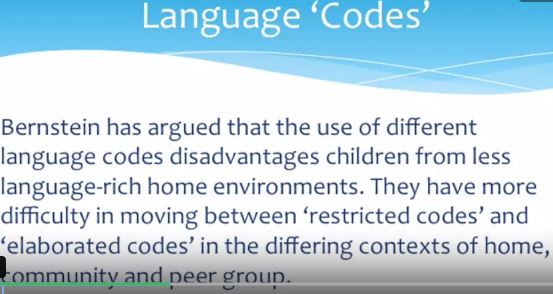














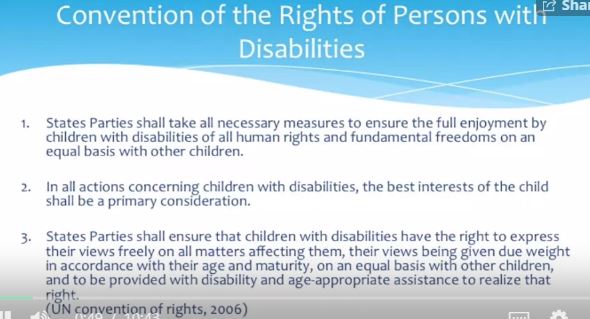


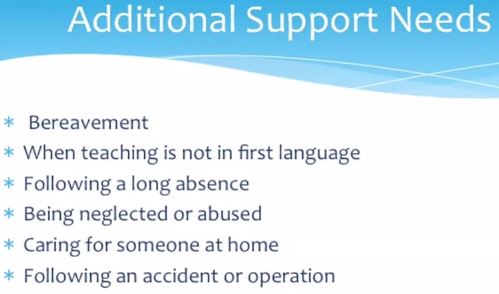

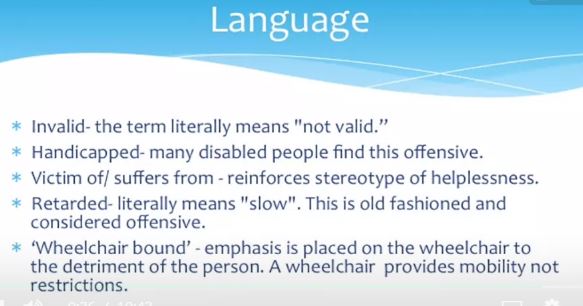






































No comments:
Post a Comment